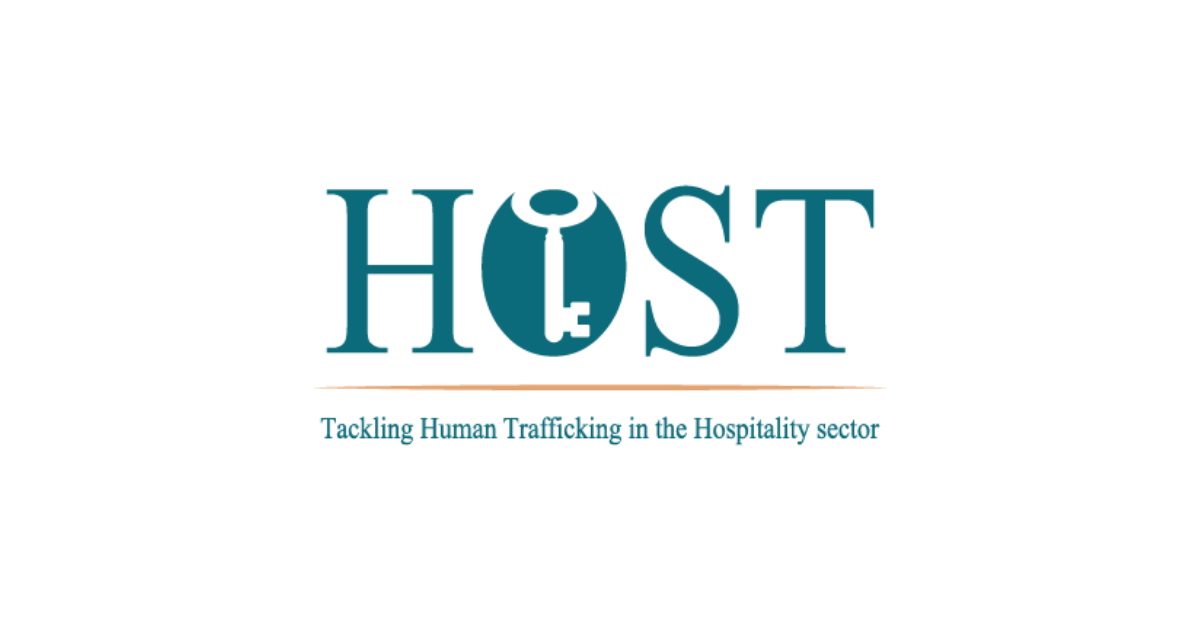Tackling Human Trafficking in the Hospitality sector
HOST aims to prevent and combat sexual and labour exploitation of third-country nationals in the hospitality sector, particularly in highly touristic areas
GA number: 101199010
Funded by: AMIF Duration: 01/06/2025 – 31/05/2027

Challenge
Trafficking in human beings—particularly for labour exploitation—is rising sharply across Europe. In 2022 alone, more than 10,000 victims were officially registered, marking a 41% increase compared to the previous year (Eurostat, 2024).
A closer look reveals that certain sectors are more vulnerable than others. According to the International Labour Organisation (ILO), the hospitality industry is among those at highest risk, falling within the broader “services” category, which accounts for 32% of all forced labour cases globally.
In this context, more efforts are needed to enhance labour conditions in the sector and improve identification mechanisms. Key challenges include inadequate detection systems—especially in hospitality—limited access to legal and reintegration support for victims, and insufficient coordination, awareness, and stakeholder engagement to prevent and respond effectively to trafficking.
Innovation
HOST focuses on addressing trafficking in the hospitality sector by uniting local authorities, labour inspectorates, trade unions, migrant communities, and NGOs. The project raises awareness about the demand behind exploitation, strengthens victim identification through improved inspection mechanisms and employer cooperation, and provides tailored support that meets the specific needs of each victim. It also promotes long-term integration to reduce the risk of re-trafficking.
Action

Funded by the European Union. Views and opinions expressed are however those of the author(s) only and do not necessarily reflect those of the European Union. Neither the European Union nor the granting authority can be held responsible for them.
Project Partners









